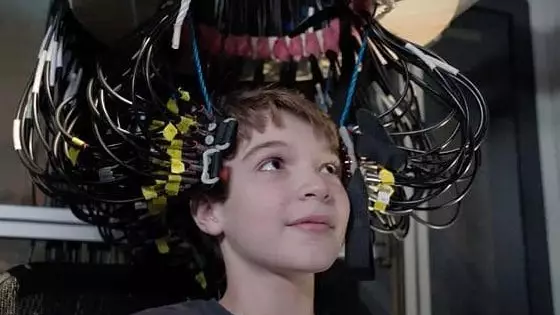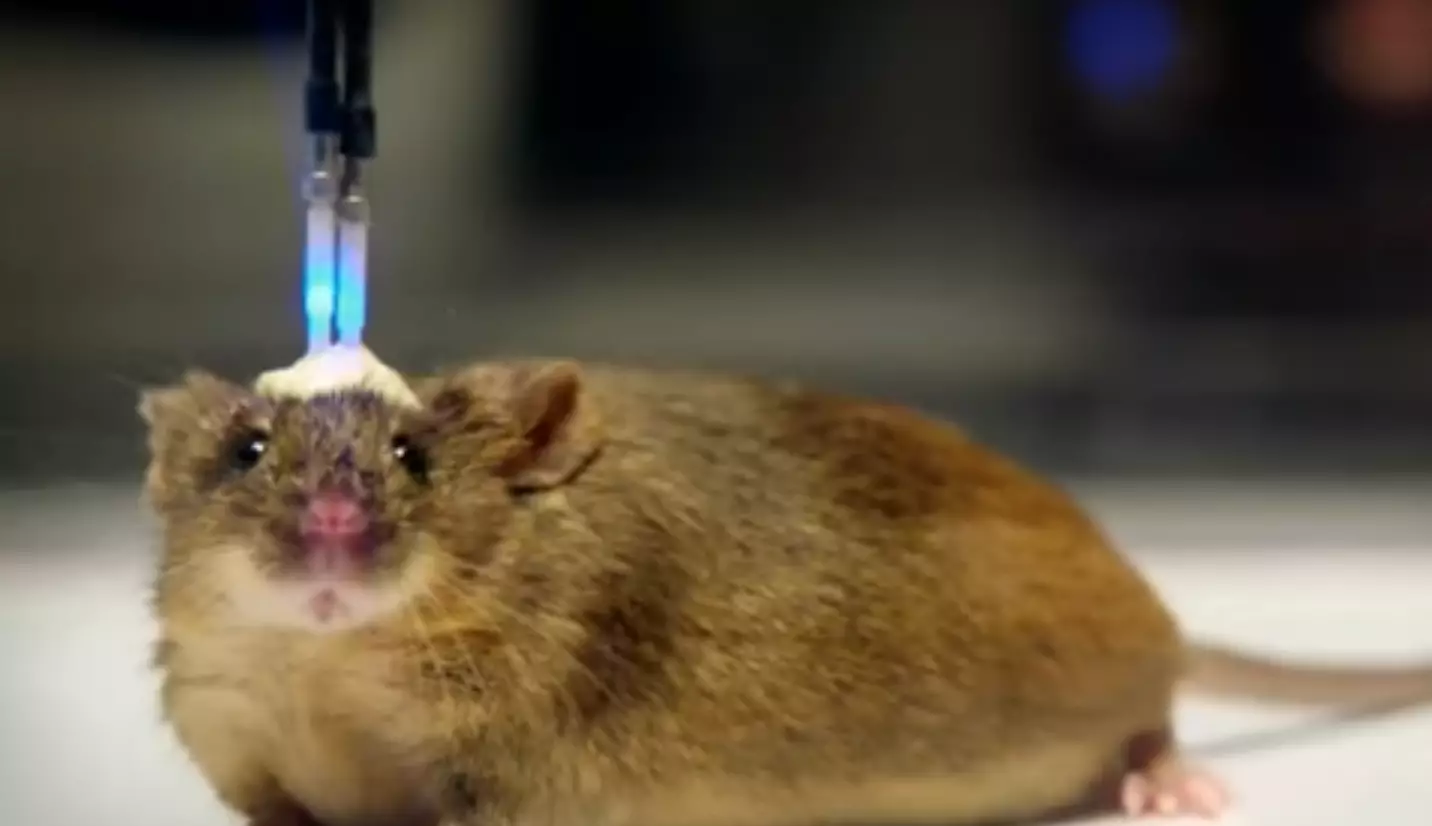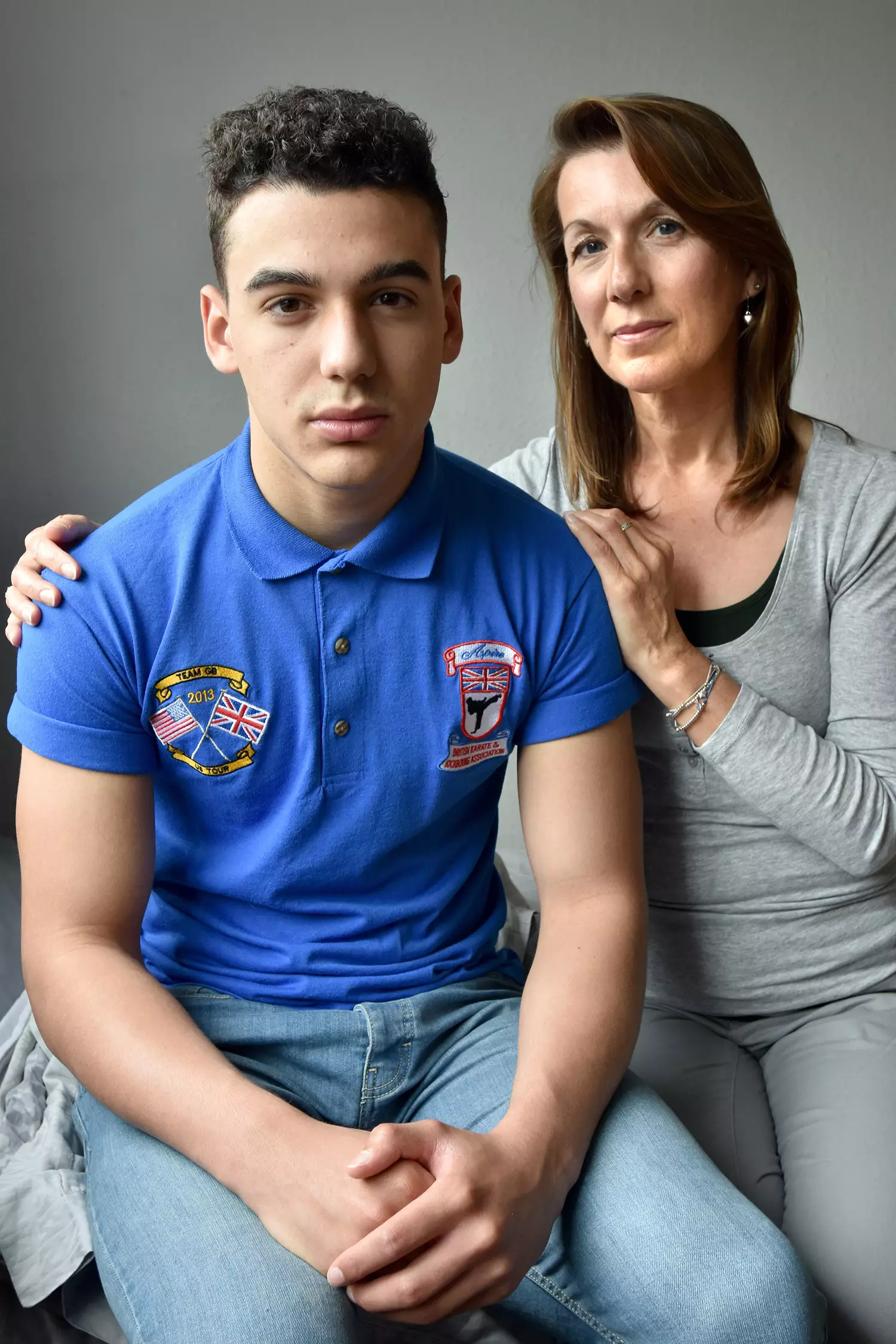
Surely there are things that we all would like to wipe clean from our memories: an embarrassing night out, a phobia, or that time you accidentally sent nude pics to your parents instead of your boyfriend or girlfriend.
We've all been in situations we would prefer to forget or more seriously, have experienced trauma which have left us emotionally scarred for life.
Because that brain of ours is incredibly clever - it usually stores those bad moments and you can't get rid of them.
That could change soon.
Researchers at the Massachusetts Institute of Technology (MIT) have found which brain circuits attach emotions to memories and also how to reverse the process.
Susuma Tonegawa, Professor of Biology and Neuroscience told the TelegraphTelegraph: "If you are mugged late at night in a dark alley you are terrified and have a strong fear memory and never want to go back to that alley.
"On the other hand if you have a great vacation, say on a Caribbean island, you also remember it for your lifetime and repeatedly recall that memory to enjoy the experience
"So emotions are intimately associated with memory of past events. And yet the emotional value of the memory is malleable. Recalling a memory is not like playing a tape recorder. Rather it is like a creative process."
During their study they watched how different neurons were switched one when mice had both positive and negative interactions. They worked out how to stimulate particular neurons, so when a mouse became anxious, researchers were able to make them calm.
The procedure is called optogenetics and pulses blue light onto the brain to trigger the different neurons.

Credit: PBS
Advert
A PBS documentary, called Memory Hackers, looked at how the new research can actually be used to help people.
"For much of human history, memory has been seen as a tape recorder that faithfully registers information and replays it intact," say the film's creators.
"But now, researchers are discovering that memory is far more malleable, always being written and rewritten, not just by us but by others. We are discovering the precise mechanisms that can explain and even control our memories."
The programme followed 12-year-old Jake Hausler, who amazingly can remember pretty much everything that has happened since he was six.
Looks like he'll be acing his school exams.
Advert
On the flip side of memory retention, some people suffer with amnesia - the complete opposite of Jake's condition.
One of the more severe cases include teenager Sam Tai, who wakes up every morning not knowing anything.
Sam lost his memory during a rugby match where he made some big tackles. But he grew unsteady on his feet and had to be carried off the field.
His mum Jane says: "When he first wakes up in the morning, he really doesn't know anything. Social media has been brilliant for him.

Sam with his mum Jane. Credit: SWNS
"All his friends have been messaging him. He can look back through his history and see who they are and what he likes.
Advert
"He didn't know what music he liked, so it helped him there.
"By halfway through the day, he knows a lot more than he did when he started. The cycle then starts again the next day."
Despite the fact he can't remember how to get home, some memories have stayed with him. For example, he is a keen karate enthusiast and can still remember some of the routines. He has a few 'random memories', but sadly can't really remember anything 'from birth'.
Doctors are confident that he will regain his memory, but they don't know when that will be.
Featured Image Credit: PBS/Memory Hackers